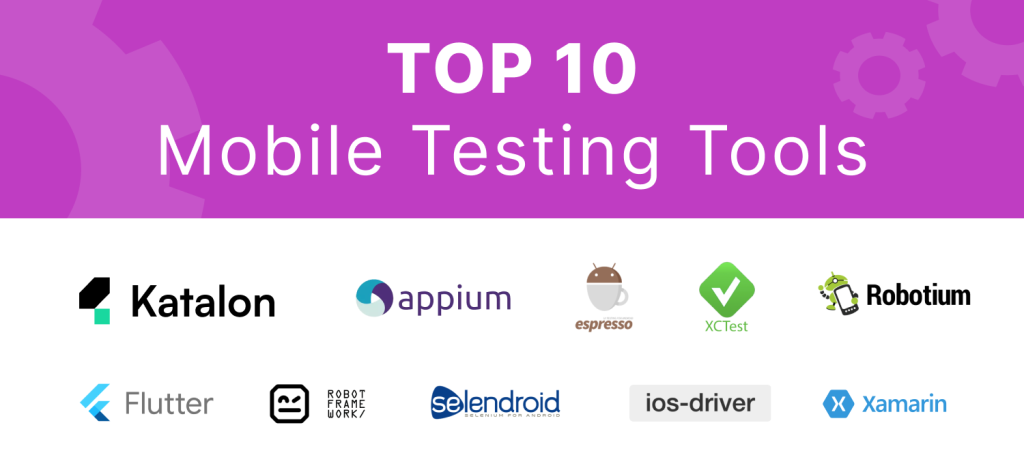
The mobile testing landscape continues to evolve in 2024, offering a diverse array of tools to cater to specific needs and preferences. Here’s a breakdown of popular categories and leading contenders:
Cross-platform Testing Tools:
- Appium: An open-source, widely used tool for automating native, hybrid, and web mobile apps on iOS and Android. Offers scripting capabilities and supports multiple programming languages.
- Katalon Studio: Provides comprehensive testing capabilities, including cross-platform mobile app testing with support for various frameworks and data-driven testing.
- Ranorex Studio: A commercial tool offering cross-platform mobile app testing with visual test creation, object recognition, and automated testing capabilities.
Native App Testing Tools:
- Espresso (Android): A Google-developed tool for UI testing of native Android apps, offering reliable and efficient test execution.
- XCTest (iOS): Apple’s built-in framework for UI testing of native iOS apps, offering tight integration with the development environment.
- Robotium (Android): An open-source tool specifically designed for automated testing of native Android apps, offering easy test creation and script maintenance.
Cloud-based Testing Tools:
- BrowserStack: Offers real device and browser testing across various platforms, including mobile devices and operating systems. Features automated testing, visual testing, and integrations with CI/CD pipelines.
- LambdaTest: Provides real device and browser testing across various platforms, including mobile devices. Offers parallel testing, visual testing, and integrations with popular frameworks.
- Sauce Labs: Offers a comprehensive platform for mobile app testing, including real devices, emulators, and simulators. Supports automated testing, visual testing, and performance testing.
Choosing the Right Tool:
- Project needs: Consider factors like the type of mobile app (native, hybrid, web), supported platforms and devices, and budget.
- Technical expertise: Evaluate the level of technical expertise needed for setting up and using the tool.
- Testing approach: Choose a tool that aligns with your testing approach (manual, automated, or both).
- Integrations: Select a tool that integrates with your development and testing tools for streamlined workflows.
Extra Considerations:
- Security testing: Some tools offer security testing features alongside functional testing.
- Performance testing: Consider performance testing capabilities if app performance is critical.
- Accessibility testing: Choose a tool with accessibility testing features if needed.
Emerging Trends:
- AI-powered testing: Tools are leveraging AI for automated test generation and anomaly detection.
- Shift-left testing: Integrating mobile testing earlier in the development lifecycle for faster feedback and improved quality.
- Focus on user experience: Increased emphasis on user experience testing to ensure a seamless and intuitive app experience.
The best mobile testing tool depends on your specific requirements and preferences. Explore different options, consider free trials, and involve your testing team in the selection process to ensure a successful implementation and comprehensive mobile app testing strategy.
Latest posts by Rahul Singh (see all)
- Mutual of Omaha: Selection and Interview process, Questions/Answers - April 15, 2024
- AES: Selection and Interview process, Questions/Answers - April 15, 2024
- Amphenol: Selection and Interview process, Questions/Answers - April 15, 2024

